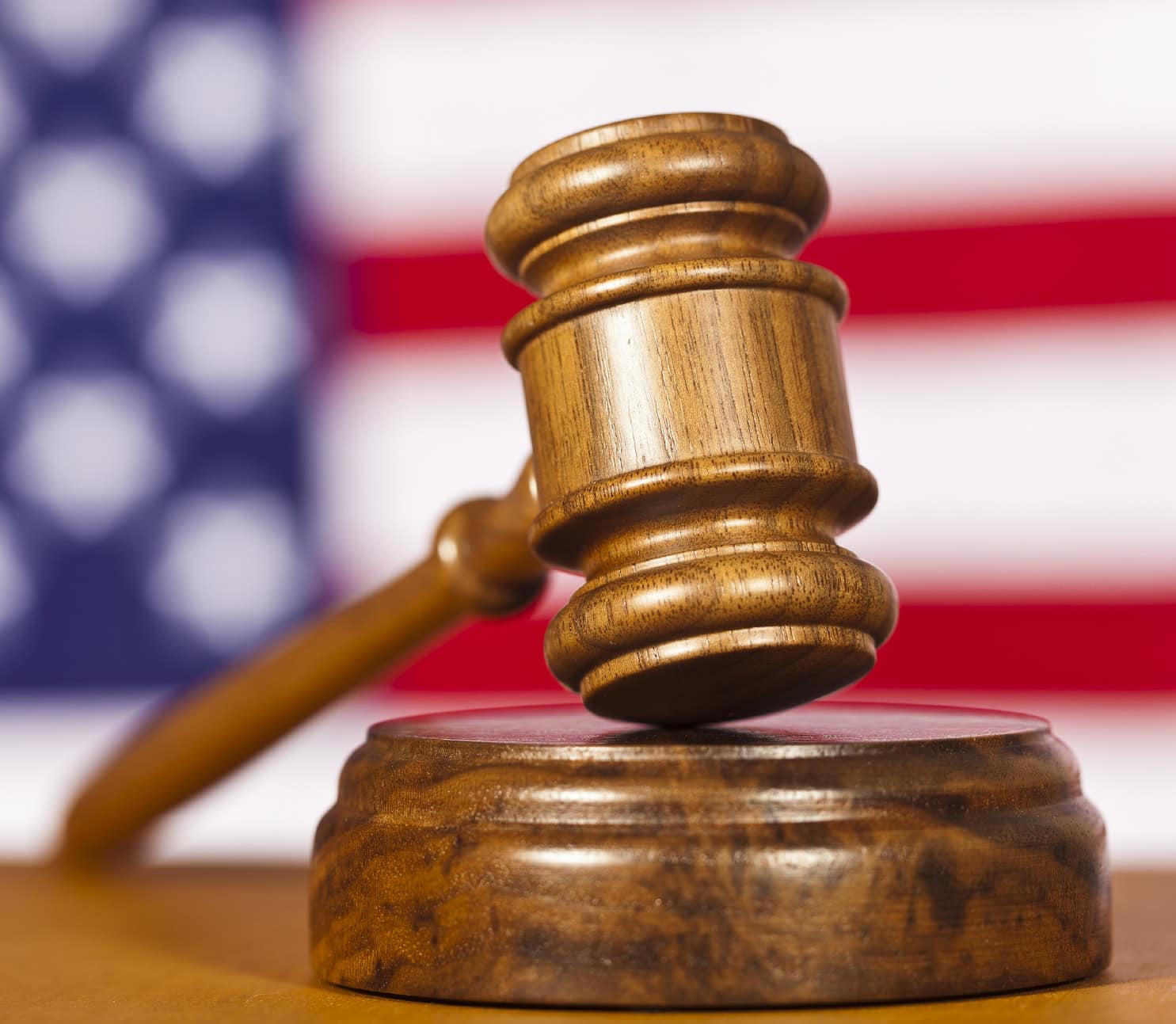D.C. Circuit Rules “Clawback” Orders Foreclosed by the FOIA
By
| January 24, 2025
The U.S. Court of Appeals for the District of Columbia Circuit released a noteworthy decision today in Human Rights Defense Center v. U.S. Park Police, a Freedom of Information Act (“FOIA”) case in which the federal government sought a court order requiring the return or destruction of “inadvertently disclosed” records. Such relief is commonly known as “clawback.” Americans for Prosperity Foundation (“AFPF”) filed an amicus brief in opposition to the government arguing there is no sound basis to ground clawback in an Article III court’s inherent authority to manage its own docket. The Circuit agreed, clarifying that clawback’s “primary purpose” is to “fill a perceived gap in the FOIA statute” rather than to “protect the exercise of any core judicial authority.”
“Clawback” cases like HRDC typically involve the same basic fact pattern: an agency—after producing records in response to a FOIA request—concludes it would have preferred to redact something and instead inadvertently released it. This might happen after a requester identifies inconsistencies in the agency’s redactions. Or it can happen when the agency itself realizes it made some sort of “mistake.” If a requester refuses to voluntarily surrender the purportedly inadvertently disclosed material, the agency tries to get a court to require the requester to accede to its clawback request. The problem is that the FOIA itself provides no basis for demanding the return of records after they have gone out the door. Agencies must instead appeal to a court’s so-called “implied” or “inherent” authority.
Yet an appeal to inherent judicial authority cannot be lightly entertained. As the D.C. Circuit just held, it must “‘either be documented by historical practice’ or ‘supported by an irrefutable showing that the exercise of [another] undoubted authority would otherwise be set to naught.’” With the FOIA, however, there is no evidence that clawback has ever been a widespread litigation practice, and the government failed to demonstrate otherwise.

Clawback also lacks any resemblance to the other types of recognized inherent court powers, including the authority to “admit members to the bar, discipline bar members, punish contempt of court, vacate judgments based on fraud . . . and punish bad-faith or vexatious conduct.” Clawback in the FOIA context instead amounts to judicial approbation of an agency getting a second chance to withhold information from the public—a result entirely unrelated to the administration of the judicial process and in tension with FOIA’s purpose.

Moreover, “[n]othing suggests [an] agency acquires an otherwise absent clawback remedy just because a FOIA requester resorts to litigation to enforce an unfulfilled FOIA entitlement.” As AFPF argued in its amicus brief, it is simply “unfair to allow an agency to appeal to a court’s equitable power for clawback when such a mechanism is nonexistent at the administrative stage.” Indeed, “[t]he fact a requester chooses to enforce its rights by filing a complaint should not expand the agency’s ability to revisit its productions after the fact.” And that cannot be overcome with weak analogies to the civil discovery process, which has its own explicit mechanism for clawback of privileged materials.

A few closing points: First, the Circuit was careful to acknowledge that, in certain cases, agency records might be subject to an “independent legal prohibition on disclosure,” as might happen with classified documents. The return of those kinds of highly sensitive records—to the extent it might be compelled by a court—presents a distinct question unrelated to the FOIA.
Second, the Circuit declined to address any constitutional objections to clawback, such as those raised by AFPF and other amici. Thus, whether the First Amendment bars the clawback of lawfully obtained government information—including classified records—remains an open question.
Finally, the HRDC opinion may have created a circuit split. The Tenth Circuit, in Rocky Mountain Wild v. U.S. Forest Service, recently upheld a district court clawback order, albeit without much serious analysis. It remains to be seen whether the government will pursue an appeal, either en banc or to the Supreme Court, on the basis of that new split. But for now, the HRDC decision marks an important development in FOIA jurisprudence that hopefully puts an end to the increasingly common tactic of agencies seeking another bite at the redaction apple.
Ryan P. Mulvey is policy counsel at Americans for Prosperity Foundation. Ryan authored AFPF’s amicus brief in HRDC v. Park Police. He can be found on Twitter at @RPMulvey.


Georgia Supreme Court Rules Constitutional Challenge To Direct-Sales Ban May Proceed